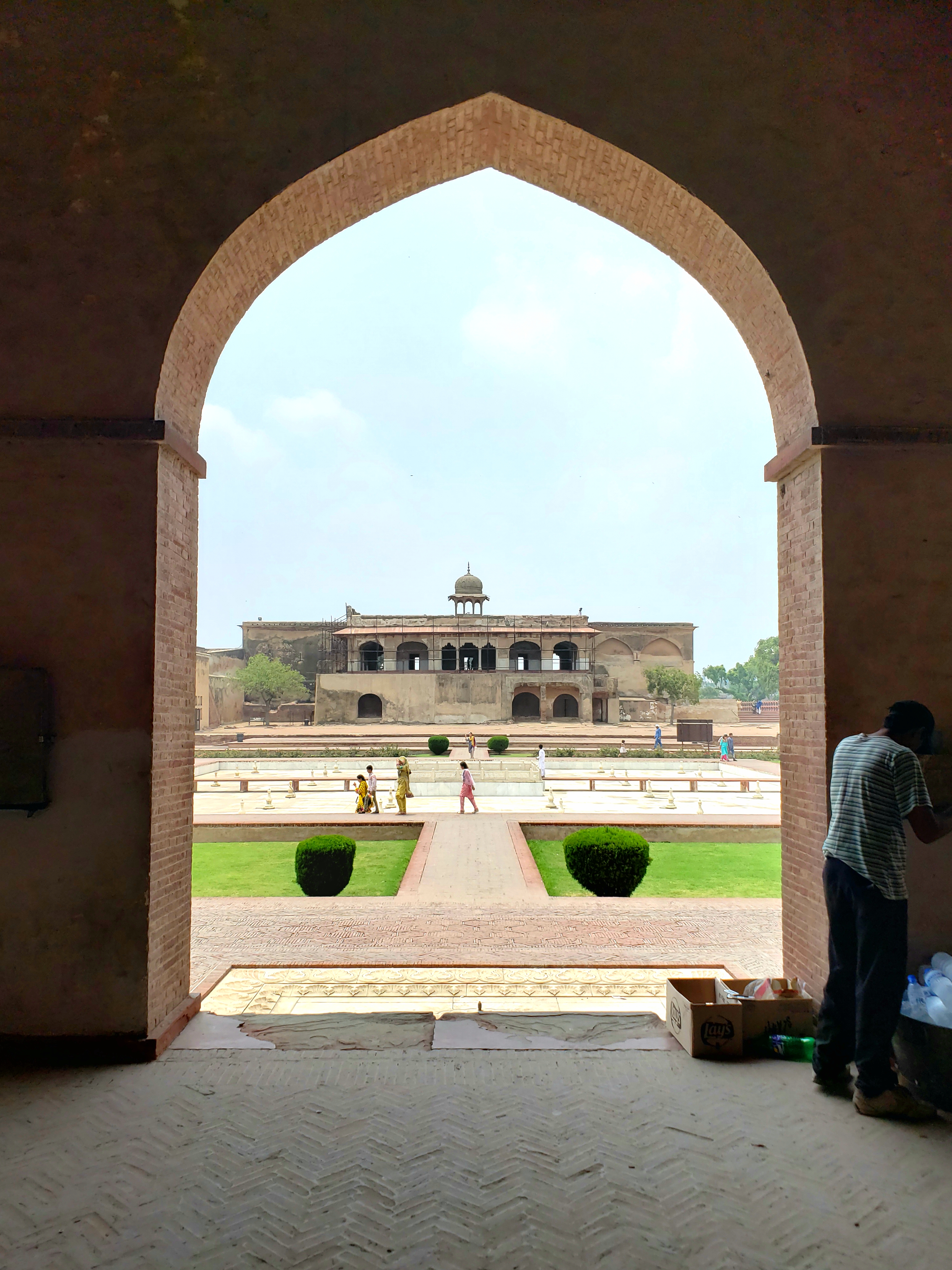
My father-in-law, Col ( retd) Mohammed Sajid, is 95 years old! Despite his age, he has an amazing power of recollection, but is a man of few words. On one of those rare occasions that he wanted to share his experiences, in measured, thoughtful phrases, he recounted his experience of the Partition of India and Pakistan.
My Father Arrives
“I was doing my House Job at Mayo Hospital, Lahore. On Aug 8th,1947 ( 6 days before Pakistan came into existence), the clerk came and told me that my father (who was a Medical officer in a dispensary in Amritsar) was standing outside. I rushed out to meet him. He had his metal attaché case under his arm. At my surprise of seeing him there unannounced, he mentioned that he had taken the earlier train and the rest of our family would be arriving later that day. The family included my own family and the families of my four uncles who used to live collectively in our ancestral house in Amritsar. Two of my uncles were already serving at the Punjab University. They would take the Babu train and commute on a daily basis. Amritsar is only 35 miles from Lahore via

Escaping Amritsar
“Upon seeing my surprised expression, my father detailed the hard conditions under which refugees were arriving. They had barely any standing room on the train. A few days prior he had vacated his official residence as the Medical Officer ( he lived on top of the Dispensary where he worked) and had joined the rest of the family ( who had also vacated their ancestral house), and collectively they took shelter at a friend’s house outside of Amritsar.”
“The threats of violence by the Sikhs

Mayo Hospital, Lahore
“On my end, I had started my house job/ residency at Mayo Hospital after having graduated in 1946 from King Edward Medical College. Ironically, a few months before I started my studies in King Edward, my mother had been rushed in an emergency from Amritsar. She was in acute pain. Her
King Edward Medical College, Lahore
Our batch of 1946 from King Edward had 100 graduates. Approximately, 40 were Muslim, 40 Sikhs and Hindus
“Starting in May 1947, the unrest in Lahore was also palpable. Lots of Hindus and Sikhs were being targeted.
Re-settling
“I was very lucky that I had been sharing a house (official residence given by the hospital) with five other doctors who were also on their house job/ residency. Some of them were Sikhs and Hindus and they, too, ended up leaving. Some had either gone back to India or had been relocated to refugee camps. Hence, eventually, I had the entire house to myself. It was perfect timing for when my extended family arrived. I could give them shelter!”
“My family had arrived with completely demoralized spirits. They stayed for a few months with me. Someone suggested they go into Hindu neighborhoods that had many abandoned houses. However, they feared that local gangs would think they were Hindus and kill them instead. Luckily, a common friend was able to arrange for a house in Model Town, a safer area. It had been left in his care by a fleeing Hindu family. Unfortunately, he never did come back to retrieve his property. My uncles were able to settle in that house with their families. Meanwhile, my father chose to go to Rawalpindi since he had worked there previously, and was familiar with the job environment. But I did not go with him.”
“What became of me? On Dec 16th, 1947 I got an offer to go work in Azad Kashmir. On
At 24 years, I had found my way to Azad Kashmir. My journey in the Pakistani Army was about to begin soon after!”



Happy 73rd birthday, Pakistan! So much was sacrificed so that we could reap the benefits. Far away but not forgotten!
Pakistan Zindabad!






such, an interesting description of those turbulent times,needs to be recorded,get more info from him